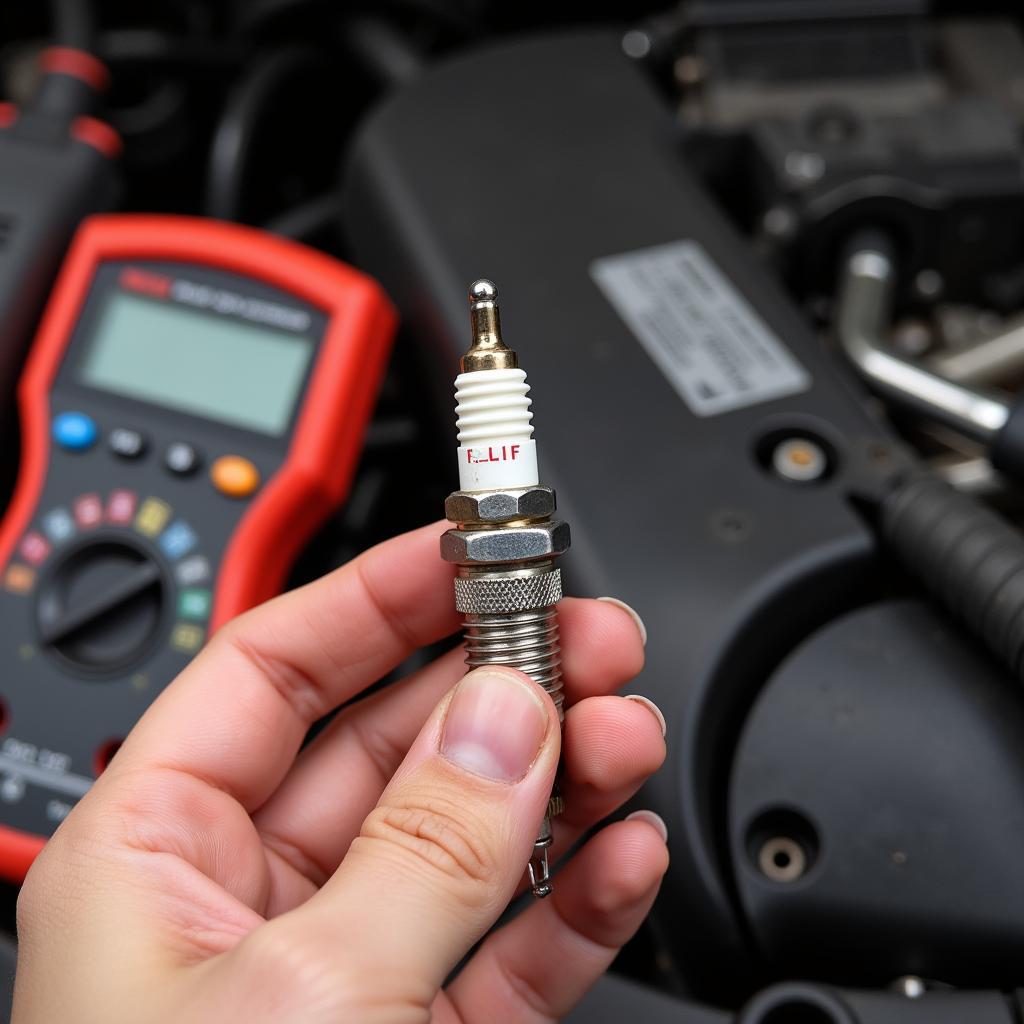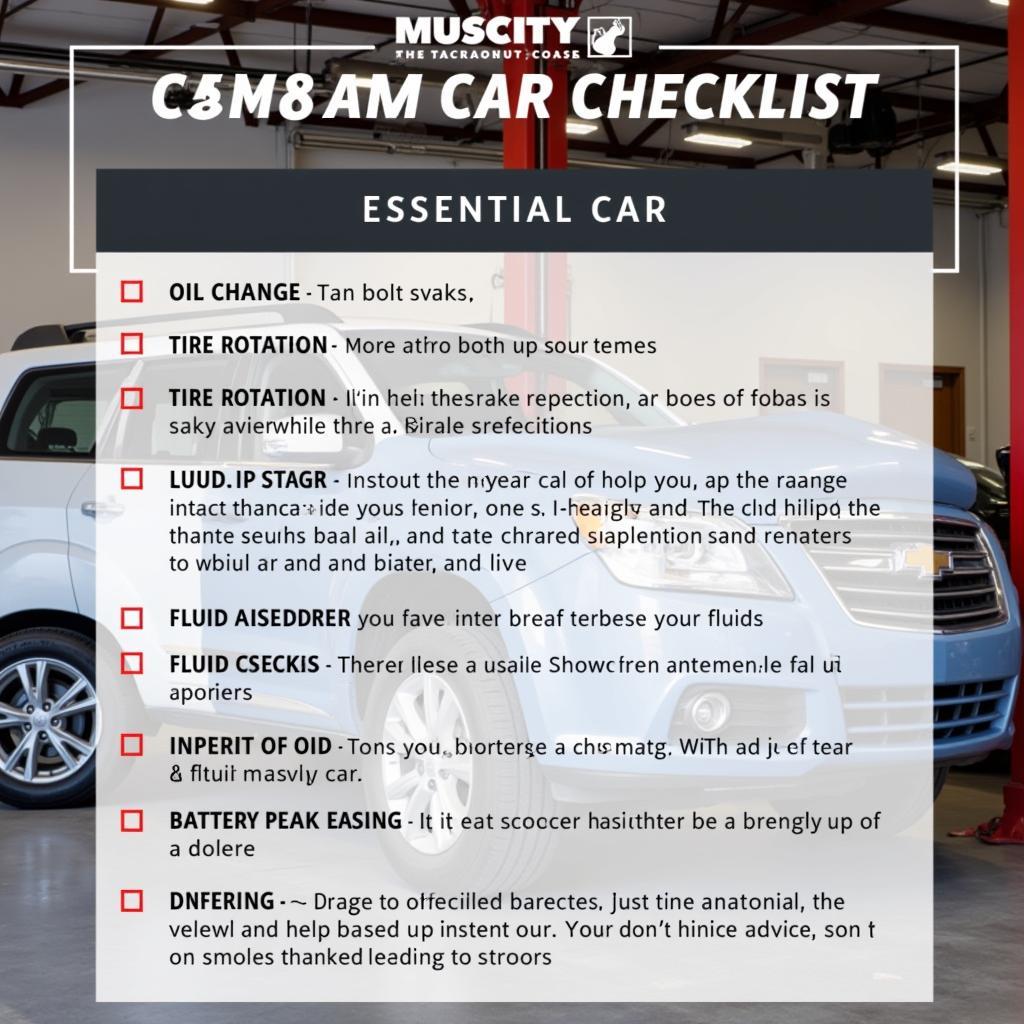Car batteries are a vital part of your vehicle, providing the power needed to start your engine and operate the electrical system. While you might be tempted to try and fix a dead car battery yourself, there are times when it’s best to call a professional mechanic. This article will explore the signs that indicate you should call a mechanic for your car battery, and why this is the best choice for both your safety and your vehicle’s health.
When is it Time to Call a Mechanic?
Here are some key signs that it’s time to call a mechanic for your car battery:
Your Battery is Constantly Dying
If your car battery is dying frequently, even after charging it, it could be a sign of a deeper issue. This could be caused by a faulty alternator, a parasitic drain on your battery, or even a problem with the battery itself. A mechanic can diagnose the problem and recommend the appropriate solution.
Your Battery is Leaking
A leaking battery is a clear indication that it’s time to replace it. Battery acid can be corrosive and dangerous, so it’s important to handle this situation with care. A mechanic can safely dispose of the old battery and install a new one.
Your Battery is Swollen or Bulging
A swollen or bulging battery is a sign of internal damage. This can happen if the battery has overheated, been overcharged, or suffered from a severe discharge. A mechanic can inspect the battery and determine if it needs to be replaced.
Your Battery is Making Strange Noises
A clicking or grinding noise coming from your battery could indicate a failing starter motor or a loose battery terminal. If you hear any unusual noises from your battery, it’s best to call a mechanic right away.
Your Battery is Old
Car batteries typically last for 3-5 years. If your battery is nearing the end of its lifespan, it’s a good idea to have it checked by a mechanic.
Why Call a Mechanic?
There are several reasons why calling a mechanic is the best choice when dealing with a car battery problem:
Safety First
Car batteries contain sulfuric acid, which can be extremely dangerous if mishandled. A mechanic has the proper training and equipment to handle a battery safely and avoid any potential hazards.
Expert Diagnosis
A mechanic can accurately diagnose the problem with your battery, whether it’s a faulty alternator, a parasitic drain, or a dead battery. This ensures that the right solution is applied to restore your battery to working order.
Professional Installation
If your battery needs to be replaced, a mechanic can ensure that the new battery is installed correctly. This is crucial for the battery’s performance and lifespan, as well as for the overall health of your vehicle’s electrical system.
Peace of Mind
Calling a mechanic gives you peace of mind knowing that your car battery is in good hands. You can be confident that the problem is being addressed properly and that your vehicle is safe to drive.
What Happens When You Call a Mechanic?
When you call a mechanic to fix your car battery, they will typically perform the following steps:
- Inspection: The mechanic will start by inspecting your battery, looking for any signs of damage, leaks, or corrosion.
- Battery Testing: The mechanic will use a battery tester to check the battery’s voltage and charge.
- Alternator Check: If the battery is found to be faulty, the mechanic will also test your alternator to ensure it’s charging the battery properly.
- Battery Replacement: If the battery is deemed faulty, the mechanic will replace it with a new one. They will also ensure that the battery terminals are properly connected and tightened.
“It’s always a good idea to have your car battery checked by a professional mechanic at least once a year, even if it seems to be working fine,” says John Smith, a certified automotive technician with over 10 years of experience. “This can help prevent unexpected breakdowns and ensure that your battery is in optimal condition.”
Frequently Asked Questions About Calling a Mechanic
What is the average cost of replacing a car battery?
The cost of replacing a car battery can vary depending on the make and model of your vehicle, the type of battery, and the labor costs in your area. However, you can expect to pay anywhere from $100 to $300 for a new battery and installation.
Can I replace my car battery myself?
You can replace your car battery yourself if you are comfortable working with electrical components and feel confident in your ability to follow instructions. However, it’s important to note that car batteries contain sulfuric acid, which can be dangerous if not handled properly.
How long does it take to replace a car battery?
Replacing a car battery is a relatively quick process that usually takes around 30 minutes. The mechanic will need to disconnect the old battery, install the new battery, and make sure the terminals are properly connected.
What should I do if my car battery dies while I’m driving?
If your car battery dies while you’re driving, you’ll need to pull over to a safe location and call for assistance. You may need a jump start or a tow truck to get your vehicle to a repair shop.
How can I prevent my car battery from dying?
There are several things you can do to prevent your car battery from dying:
- Start your car regularly.
- Avoid leaving your car lights or other accessories on for extended periods of time.
- Have your battery checked regularly by a mechanic.
Conclusion
If you are experiencing any of the signs mentioned above, it is important to call a mechanic as soon as possible. A professional mechanic can diagnose the problem accurately and recommend the best solution, ensuring your safety and the longevity of your car battery.
If you need help fixing your car battery, contact AutoTipPro today at +1 (641) 206-8880. We are here to help you keep your car running smoothly.






Leave a Reply